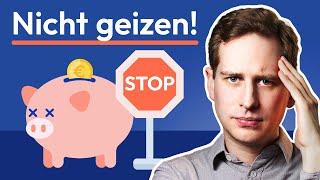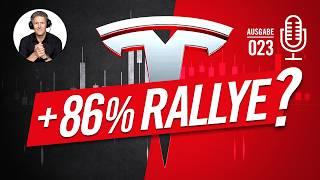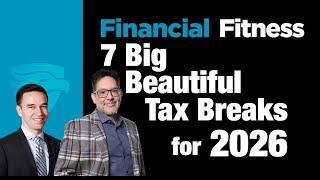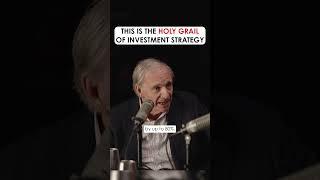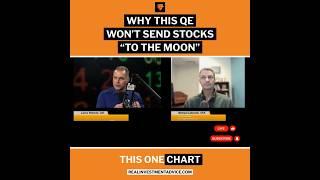| Marc Faber Monthly Market Commentary: February 1, 2020 — Economic Collapse 2020 The other day, I came across an essay that aroused my interest because of its title: Universal Basic Income: A Dream Come True for Despots by Antony Sammeroff (he is the author of Universal Basic Income – For and Against. According to Sammeroff, although there are “heated disagreements between economists on just about every issue under the sun, there is probably one point that they are all actually unanimous on. That is the fact that every policy has winners and losers. Given that human wants are infinite but our means towards attaining those wants are limited, policies, by their nature, advantage some groups at the expense of others.” In the case of the Universal Basic Income (UBI) one potential drawback would be that the government debt would increase even more than it is currently expanding. I am well-aware that numerous economists including Narayana Kocherlakota have pointed out that the Federal Debt Is Nothing to Lose Sleep Over – because the government can borrow as much from taxpayers as it wants. Kocherlakota argues that, “Policy makers and voters often express concern about the level of the federal deficit, which topped $1 trillion last year, and the national debt, now more than $23 trillion. But, unlike a household that owes money to a bank, the U.S. government has the ability to tax its creditors. This power means that the federal government can afford any level of debt that is owed to American taxpayers.” In theory, Kocherlakota’s views are correct. I am less sure that his views work in practice. Moreover, a rising government debt combined with a UBI program would, as Sammeroff explains, “institutionalise the state as each of our patrons — and us as wards of the state. Once this relationship is established, we will enter into a frightening era where the government is our provider and the UBI can easily be weaponized by our rulers to shape us into compliance.” |
Tags:























